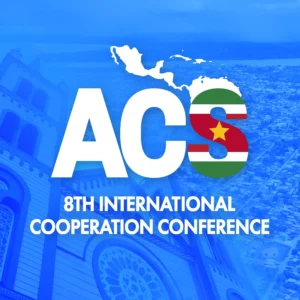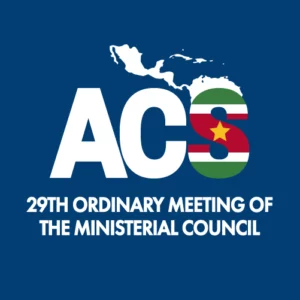
“30 Years Promoting the Sustainable Development of the Greater Caribbean”
From May 6th to May 9th, 2024, the ACS gathers for a series of significant meetings: the 16th ACS Business Forum, the 8th Cooperation Conference of the Greater Caribbean, and the preparatory sessions leading to the 29th Ordinary Meeting of the Ministerial Council. As Chair of the ACS Ministerial Council for the period 2023-20, the Republic of Suriname, in the person of The Honourable Albert Ramdin, Minister of Foreign Affairs, will host these meetings.
Why an Association of Caribbean States?
At the end of the 1980s, Heads of Government of the Caribbean Community (CARICOM) felt a growing need to forge closer relations with their neighbours in the Caribbean Basin. This desire to widen the integration process sought to embrace all those nations washed by the Caribbean Sea, including other Caribbean States, Central America and the littorals of South America.
The Heads of Government agreed to consult with other states on this recommendation of the West Indian Commission (WIC) in its seminal report “Time for Action”. CARICOM held further discussions with Colombia, Cuba, the Dominican Republic and Venezuela. These countries wholeheartedly welcomed the idea. Diplomatic discourse continued at the CARICOM – Central American Meeting in San Pedro Sula, Honduras in 1992.
The Convention in Brief
In 1994, 28 countries signed the Convention establishing the ACS in Cartagena de Indias, Colombia. The ACS is committed to the strengthening of cooperation and the cultural, economic, political, scientific, social and technological relations among its members.
For almost 30 years, the ACS has leveraged the geographical proximity and the historical linkages shared by its 25 Member States and 10 Associate members, to transcend the separateness of the past and contribute to the collective future development of the Greater Caribbean.
The Association of Caribbean States is an organization for consultation, cooperation, and concerted action in the areas of trade, transport, sustainable tourism, disaster risk reduction and protection and preservation of the Caribbean Sea.
It harnesses the collective capabilities of the Caribbean Region together with its international partners-some 34 countries and organisations to achieve sustained cultural, economic, social, scientific, and technological advancement.
The Association is charged with protecting and preserving the Caribbean Sea – the common patrimony of ACS Members and by promoting, through cooperation, Greater Caribbean trade, investment, sustainable tourism, transport and disaster risk reduction as well as celebrating the cultural identities of its Member States and Associate Member territories. The main bodies of the ACS are: the Ministerial Council- its main decision-making entity comprising Foreign Ministers of its Member States – and the Secretariat headed by the Secretary General. The Ministerial Council is assisted by Special Committees, which are technical bodies which study and submit recommendations in respect to their areas of expertise,
The full ACS Convention can be found at www.acs-aec.org
Member States
ACS Member States shall have the right to participate in discussions and to vote at meetings of the Ministerial Council. They are also represented on the Special Committees of the Association. The list of Member States is as follows:
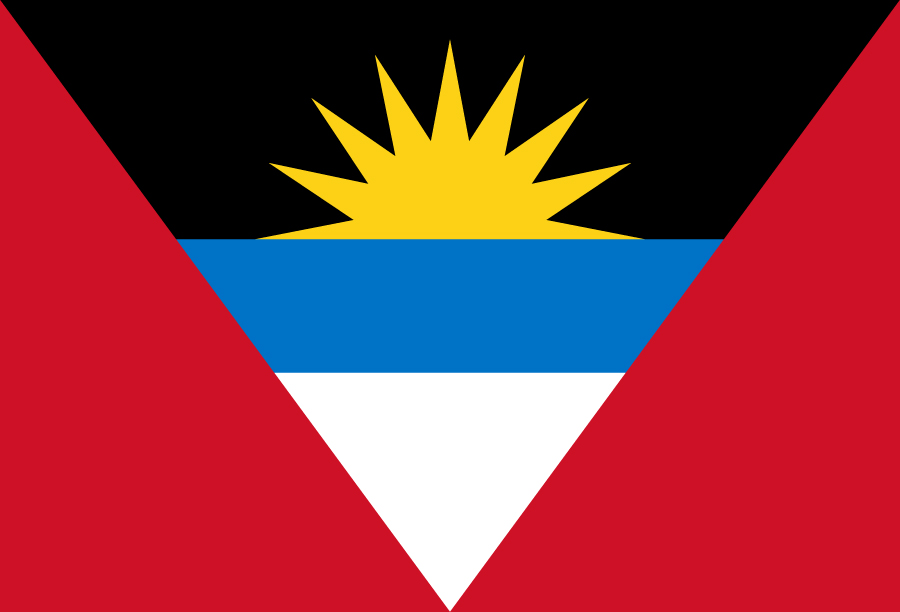
Antigua and Barbuda

Bahamas
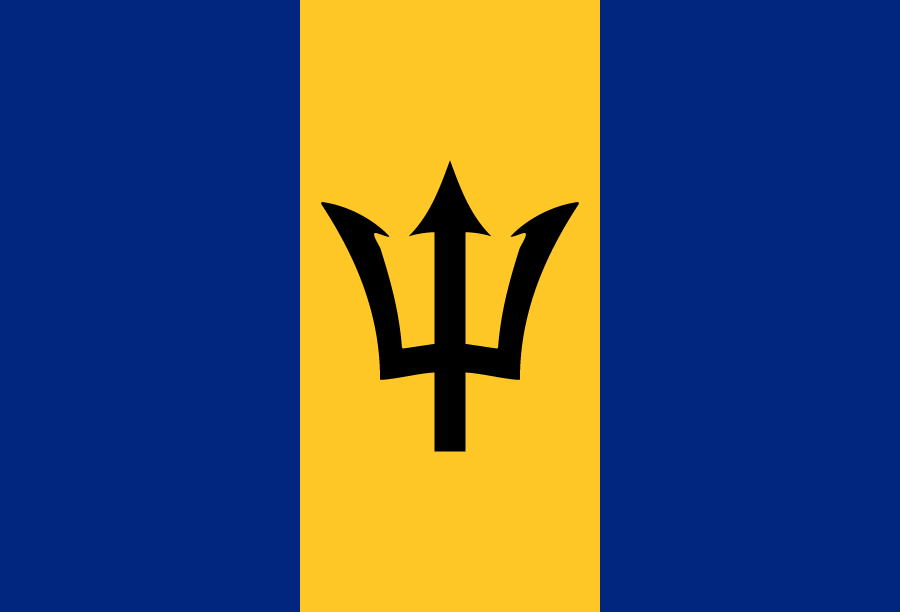
Barbados
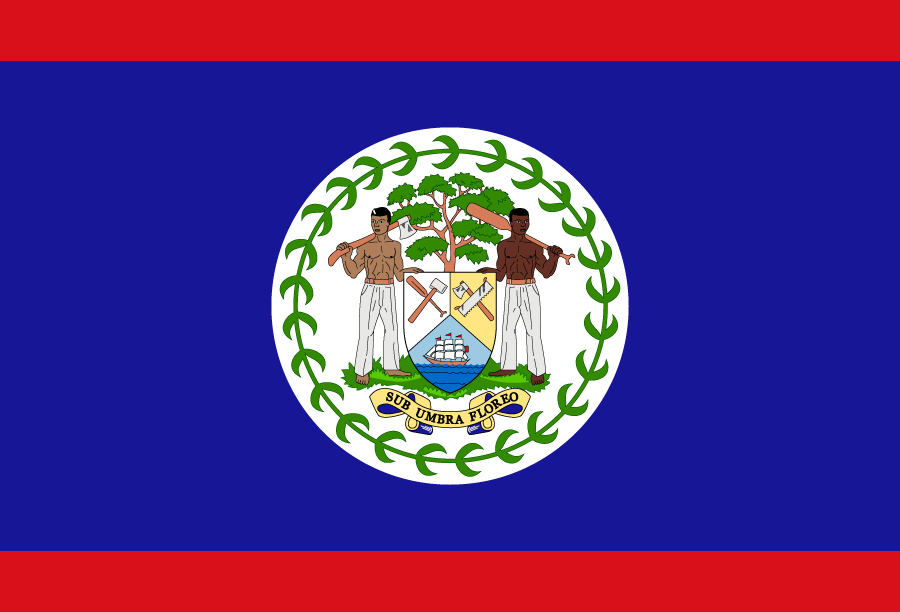
Belize

Colombia

Costa Rica

Cuba
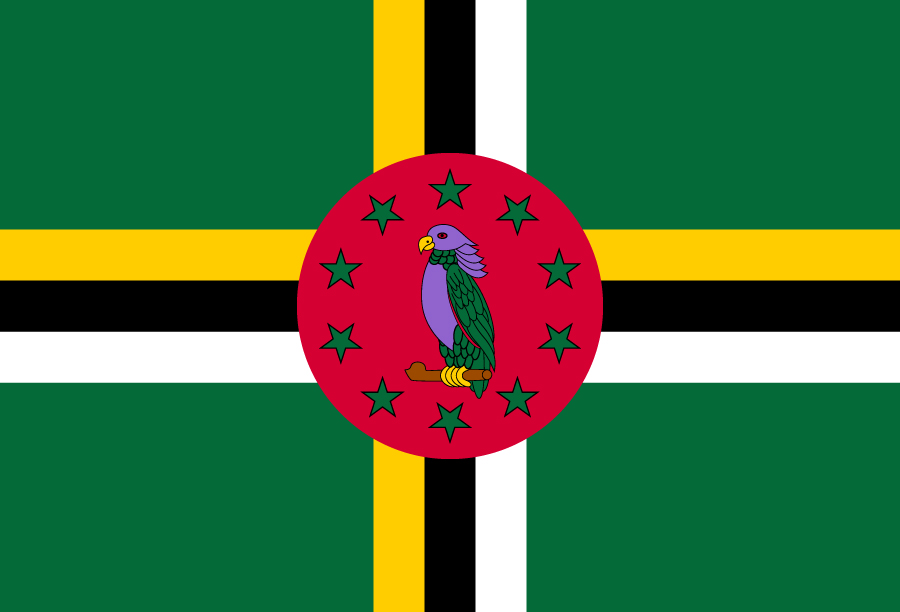
Dominica
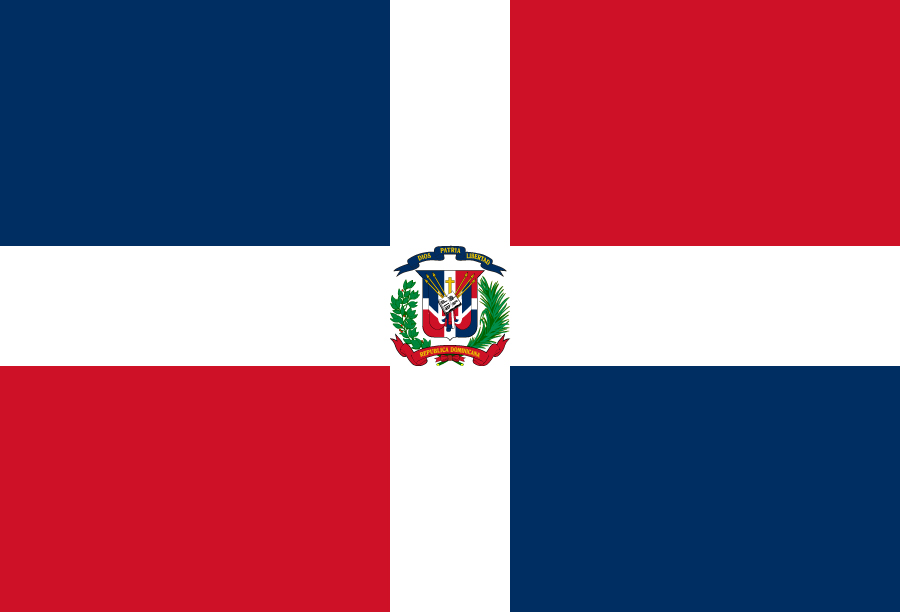
Dominican Republic
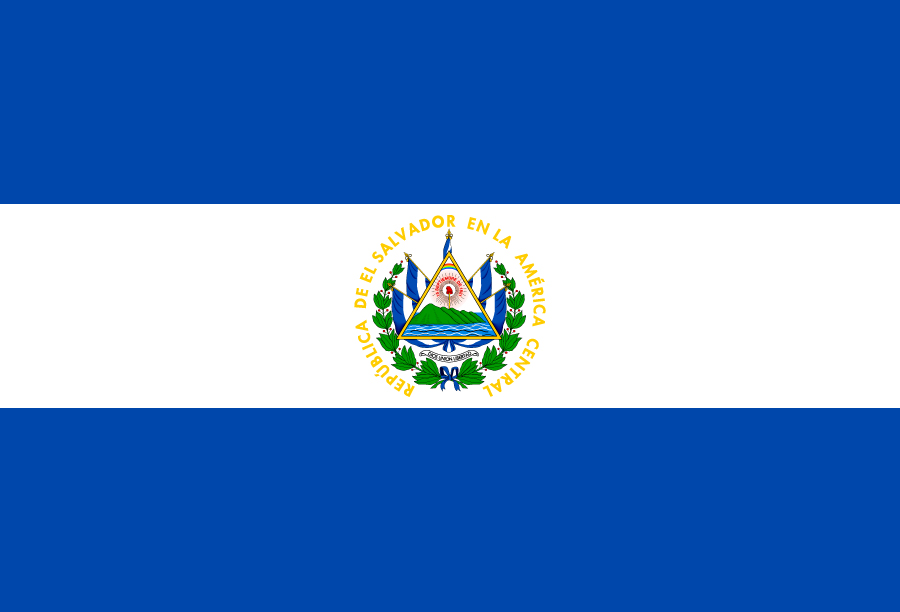
El Salvador
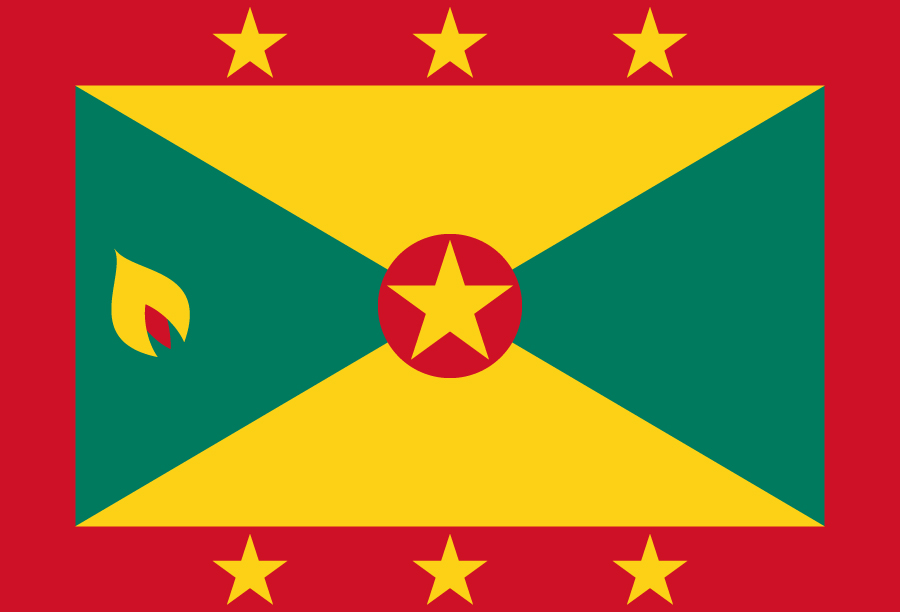
Grenada

Guatemala
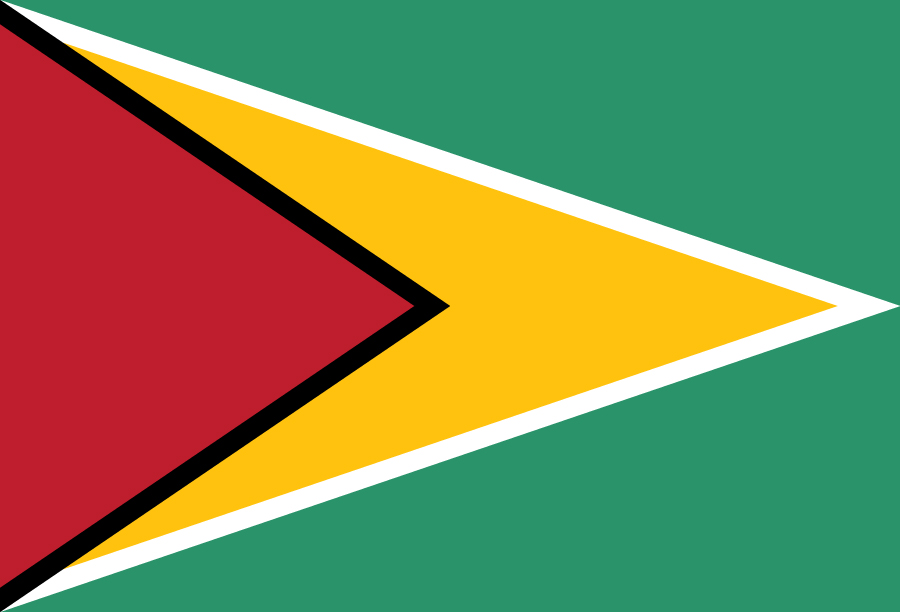
Guyana

Haiti

Honduras

Jamaica

Mexico

Nicaragua

Panama
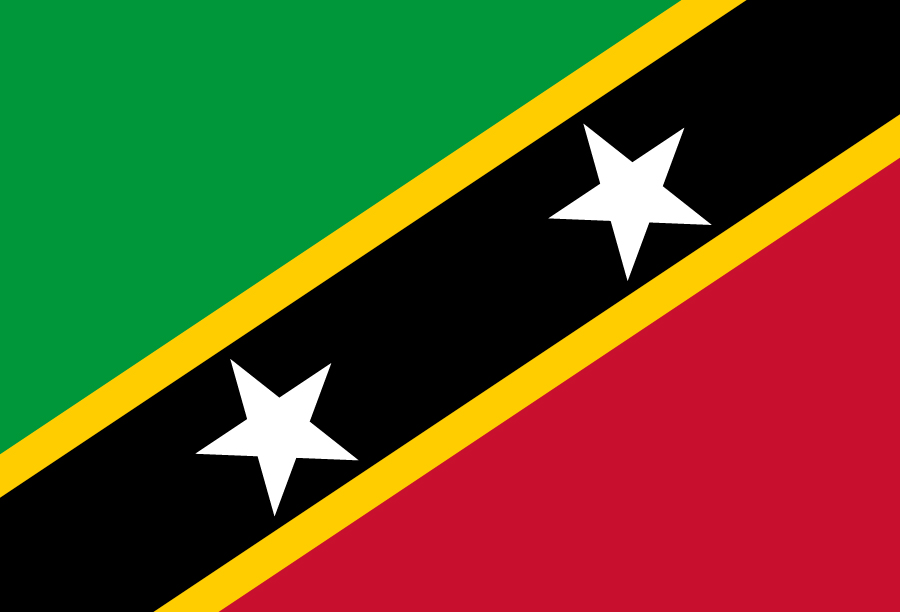
Saint Kitts and Nevis
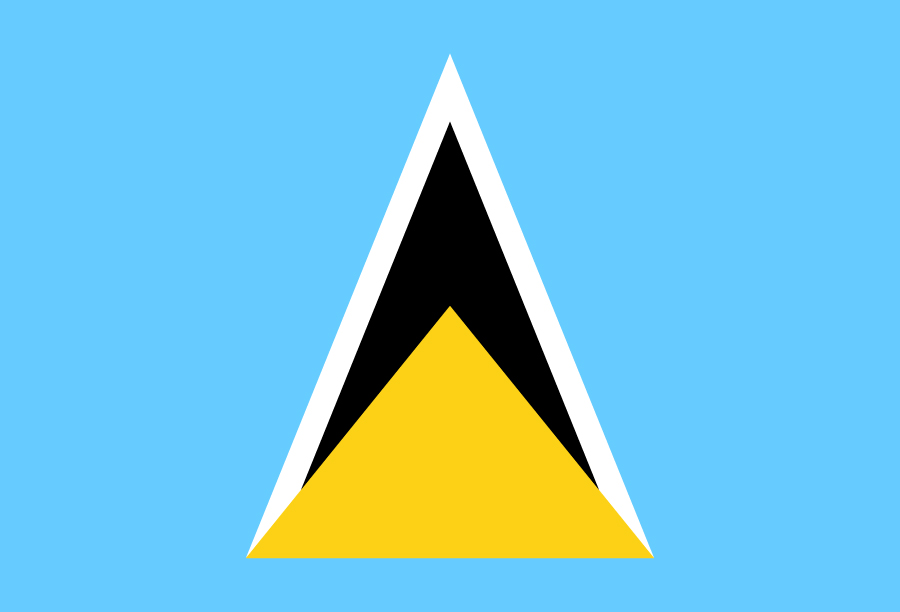
Saint Lucia
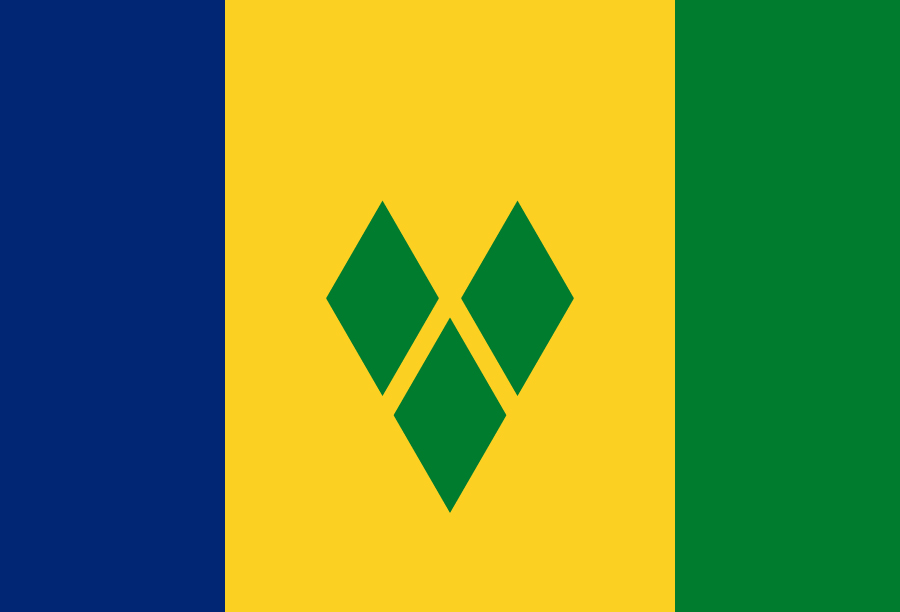
Saint Vincent and the Grenadines
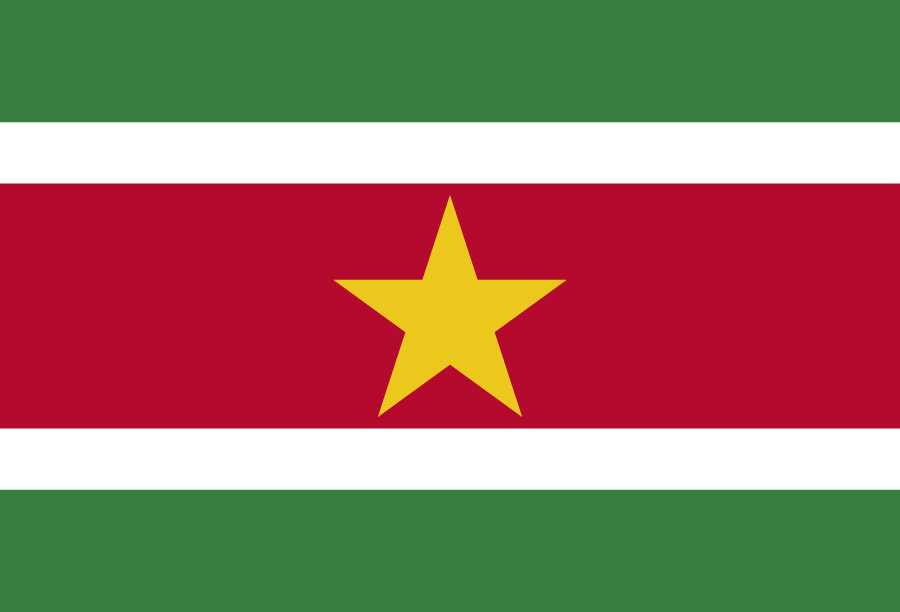
Suriname
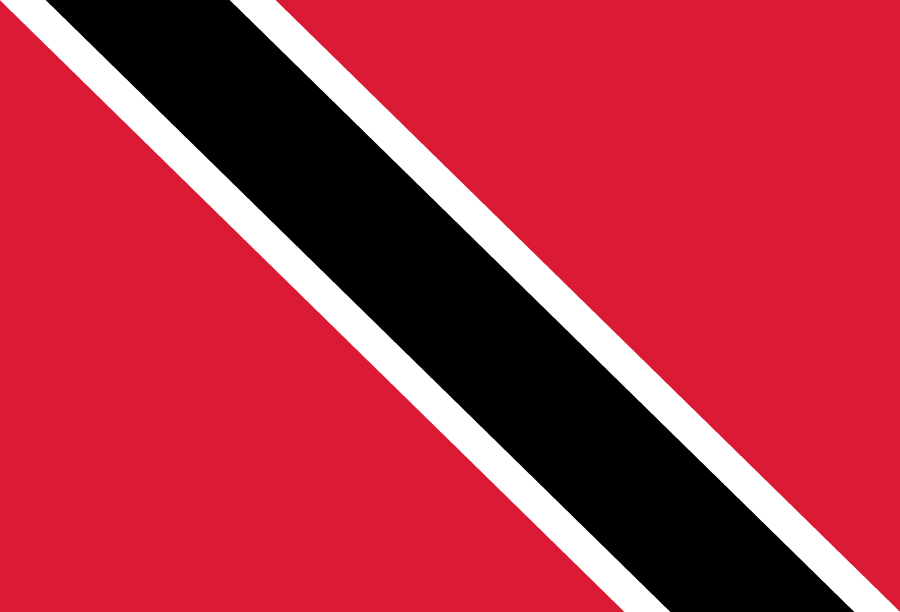
Trinidad and Tobago

Venezuela
Associate Members
Associate Members shall have the right to intervene in discussions and vote at meetings of the Ministerial Council and Special Committees on matters which affect them directly, falling within their constitutional competence. The list of Associate Members is as follows:
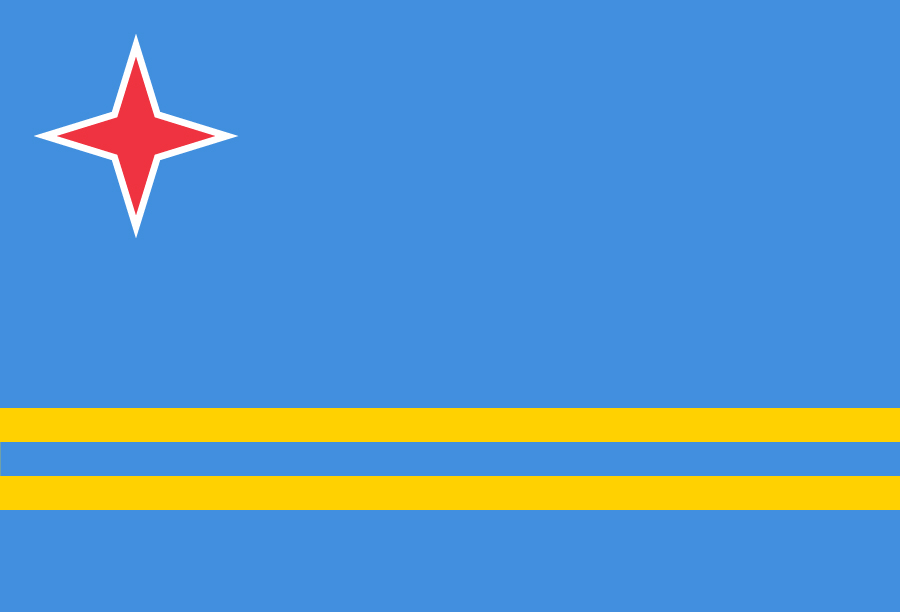
Aruba
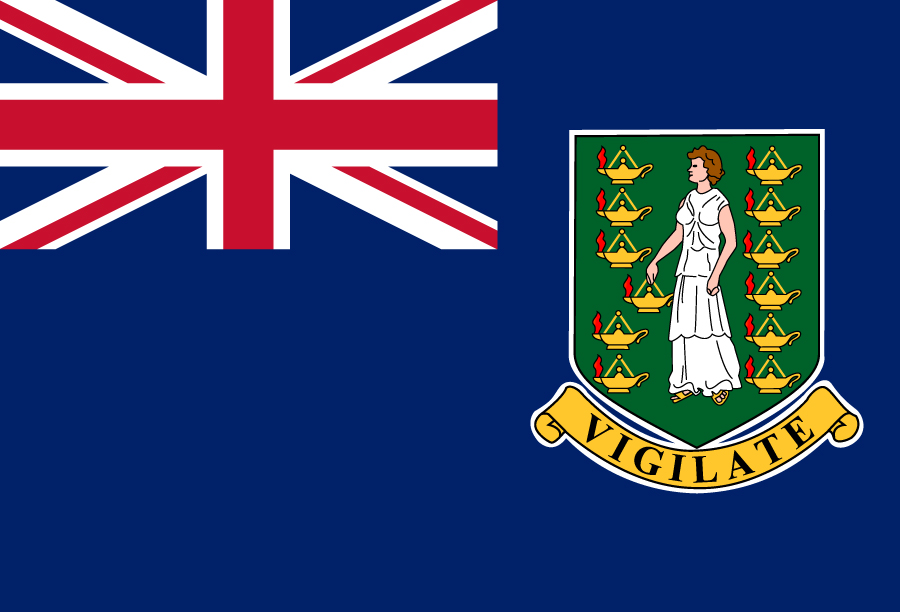
British Virgin Islands
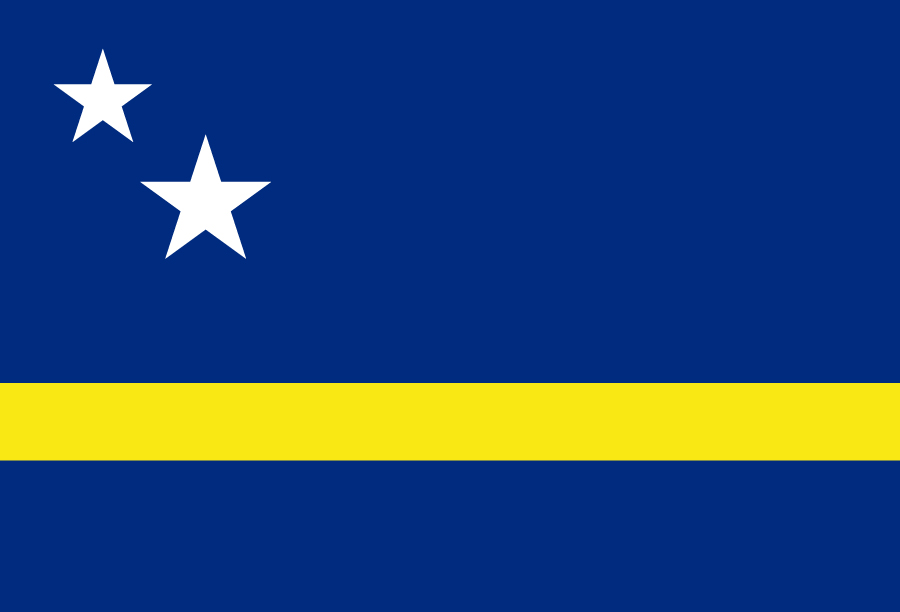
Curaçao

France (on behalf of French Guiana and Saint Barthelemy)

Guadeloupe

Martinique
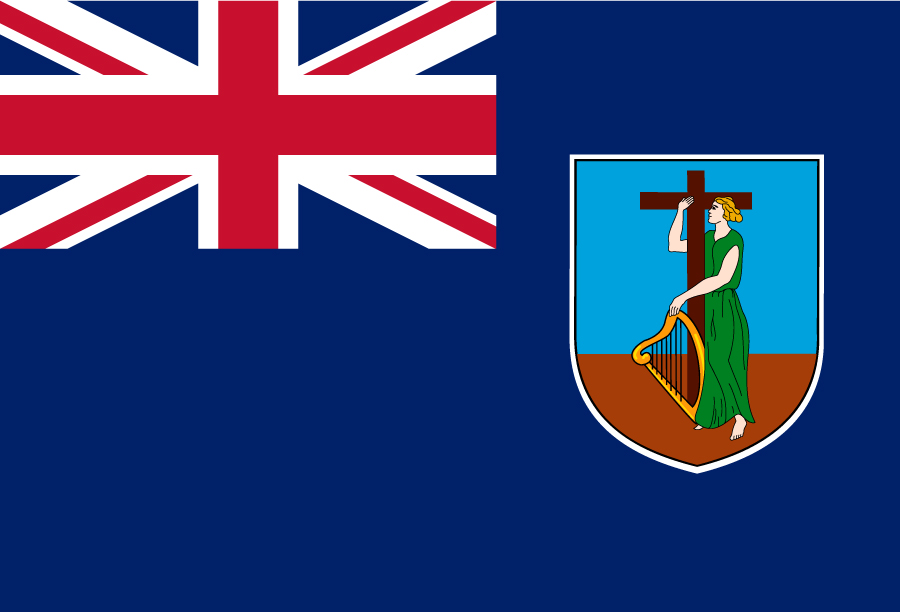
Montserrat

Saint Martin
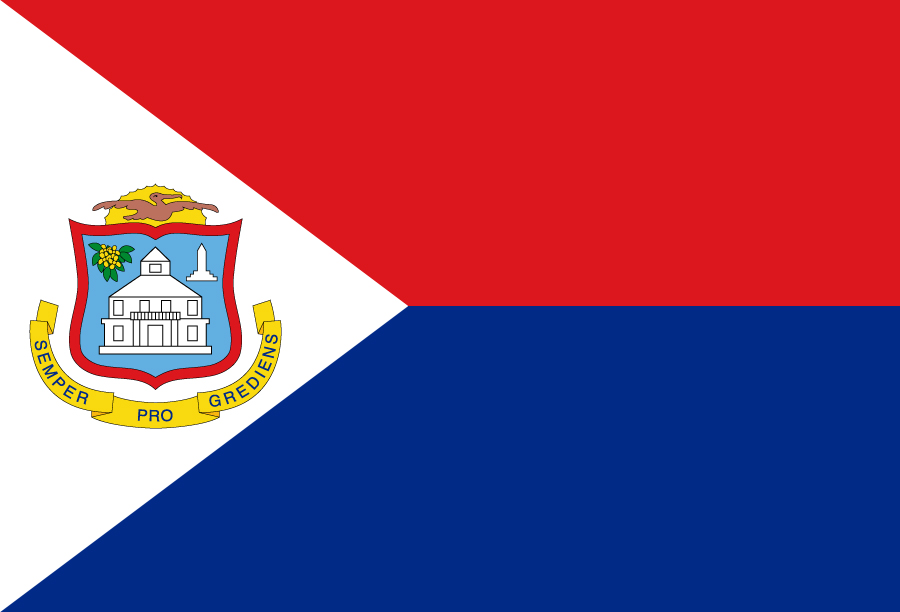
Sint Maarten

The Kingdom of Netherlands (on behalf of Bonaire, Saba and Sint Eustatius)


